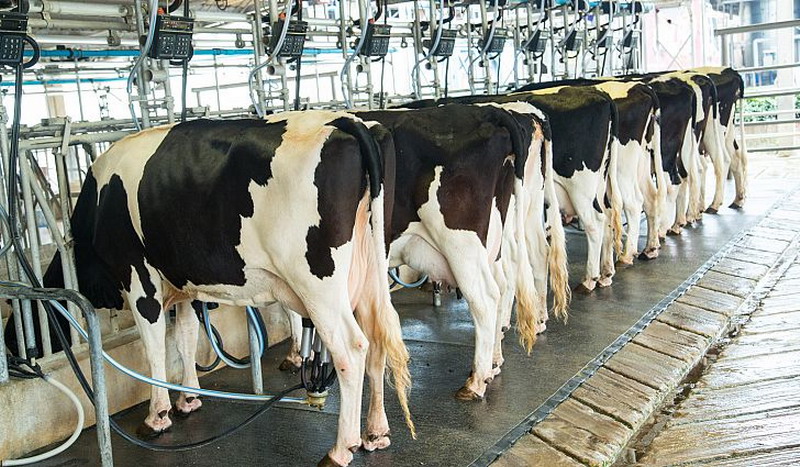Indonesia to Ease Dairy Cow Imports to Support Free School Meal Program
Indonesia is streamlining the dairy cow import process in response to President Prabowo Subianto’s ambitious free school meal initiative, according to Agriculture Minister Andi Amran Sulaiman. This program, set to launch in January, aims to deliver nutritious meals to millions of school-age children across the country, contributing to the government’s long-term goal of reducing stunting rates among children.
Agriculture Minister Sulaiman emphasized that the import process would become more accessible for dairy farmers, aiming to bolster local milk production for the free meal plan. “We will not make it difficult for dairy farmers to import cows. This is all to produce higher quality milk,” Sulaiman stated during a business visit to Pasuruan, East Java. To finance these dairy imports, the ministry is exploring partnerships with regional banks and cooperatives, aiming to offer funding options for local dairy farmers.
The free meal initiative will require Indonesia to increase its dairy supply significantly. According to government forecasts, Indonesia’s fresh milk demand will rise to approximately 8.5 million tons by 2029, including 3.6 million tons dedicated specifically to Prabowo’s free meal program. Meeting this demand requires expanding local dairy production, as the current milk supply largely falls short of the country’s needs.
To support this growth, Indonesia has plans to import around 1 million dairy cows between 2025 and 2029. The primary import sources will be Australia, Brazil, New Zealand, the United States, and Mexico, chosen for their robust dairy industries and proven ability to provide high-quality livestock. By increasing the dairy cow population, the Indonesian government hopes to elevate the quality and volume of domestically produced milk.
This development is particularly critical as Indonesia currently relies heavily on imported milk to meet its national demand. The country’s dairy production infrastructure is still in the growth phase, and imported dairy cows could play a vital role in strengthening Indonesia’s local dairy industry. The investment in dairy infrastructure aligns with Prabowo’s goals to build a more self-sufficient food supply chain, enhancing food security and supporting the country’s long-term health objectives.
The free meal program, which has undergone trial runs in select schools, typically includes rice, chicken, vegetables, fruit, and milk. By expanding local dairy production, the government not only supports children’s nutrition but also boosts the livelihoods of Indonesian dairy farmers, who will benefit from the increased demand.
Amran’s statement comes as Indonesia’s dairy industry and government agencies work to implement structural changes to meet future needs. As Indonesia looks to reduce its reliance on milk imports, this dairy cow import policy reflects a strategic approach to achieve food security and nutrition goals for Indonesia’s youth. The government’s free school meal program, supported by local dairy farming, represents a critical step towards sustainable agriculture and improved public health.
Read More






 Wednesday, 04-02-26
Wednesday, 04-02-26







